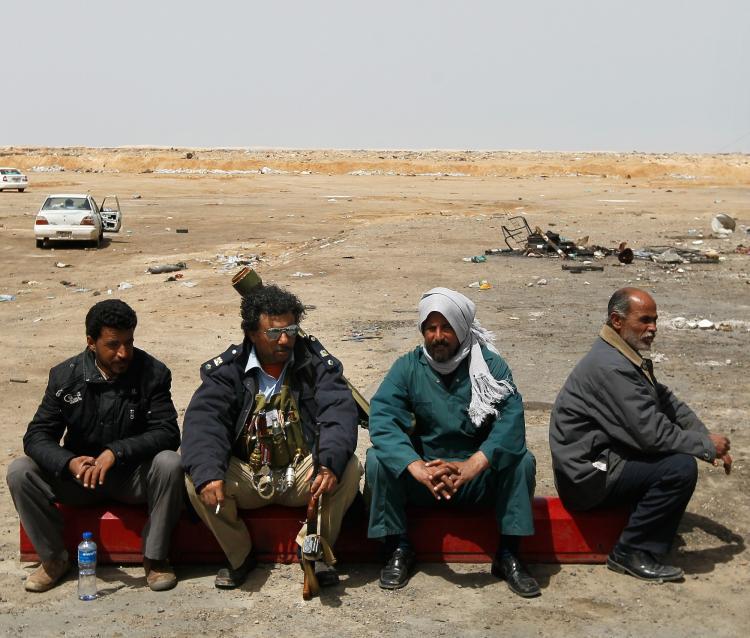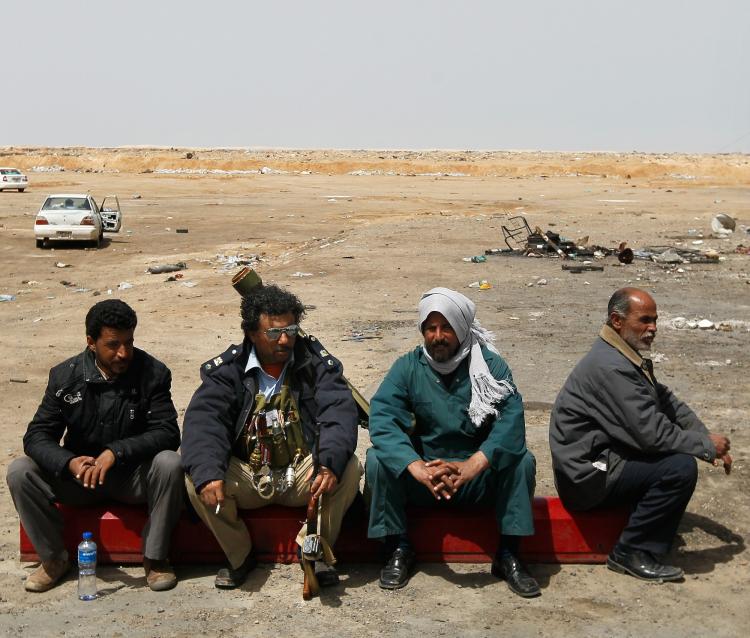The Long Road Ahead for Libya
Supporting the Libyan opposition in their quest for democracy is becoming a task more involved than the West originally thought. Overthrowing Moammar Gadhafi could be just the first step down a longer road of building a new nation in Libya.
|Updated:
Joshua Philipp is senior investigative reporter and host of “Crossroads” at The Epoch Times. As an award-winning journalist and documentary filmmaker, his works include “The Real Story of January 6” (2022), “The Final War: The 100 Year Plot to Defeat America” (2022), and “Tracking Down the Origin of Wuhan Coronavirus” (2020).
Author’s Selected Articles






